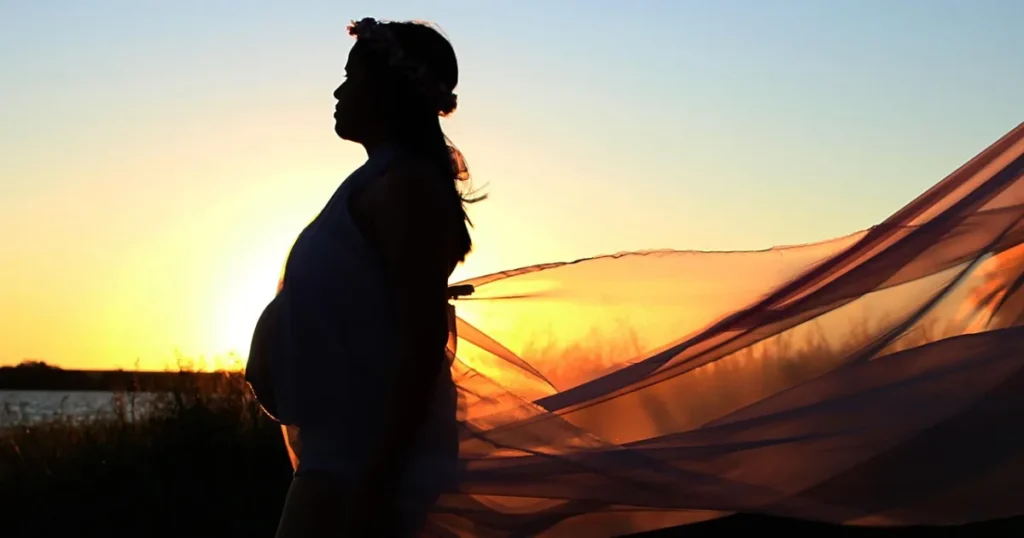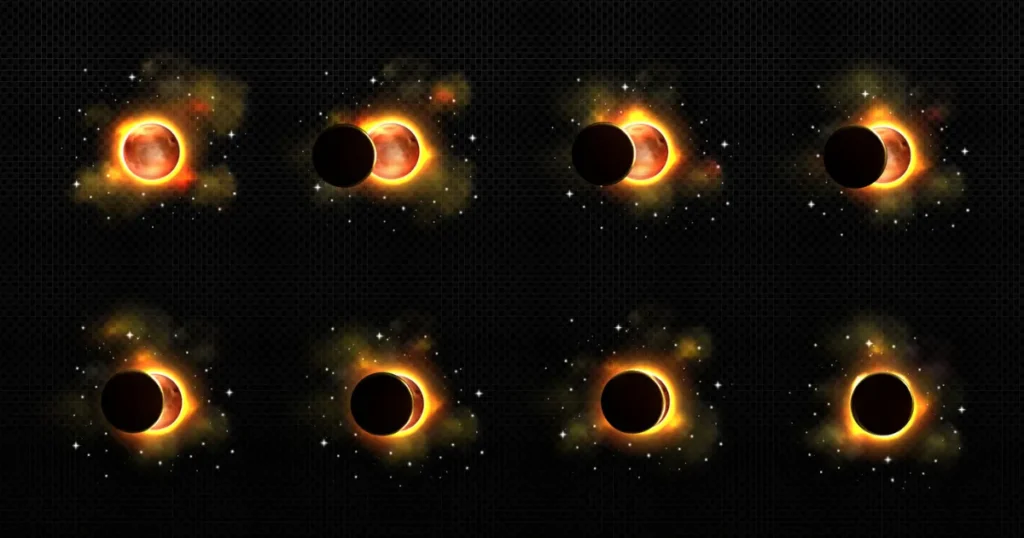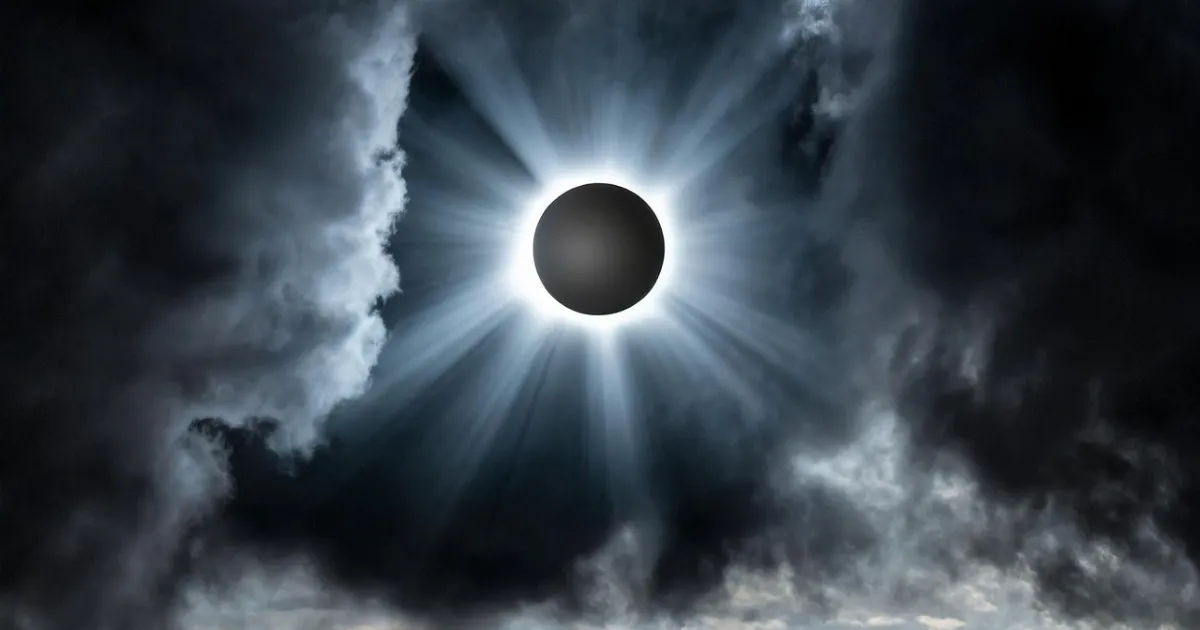Debunking Solar Eclipse Myth on August 2, 2025, What You Need to Know
As rumors swirl across social media about a potential solar eclipse on August 2, 2025, causing widespread darkness and health concerns, experts from NASA and astronomers worldwide are stepping in to clarify the facts. What many are calling a once-in-a-century event is actually a mix-up with a real celestial spectacle set for 2027, leaving no eclipse scheduled for tomorrow in any location, including the United States or India.
This viral misinformation has sparked questions about adverse effects on pregnant women, potential harm to babies, and who else might be impacted, but science shows most fears stem from myths rather than reality.
The Truth Behind the Viral Solar Eclipse Claim
In recent weeks, posts claiming a total solar eclipse on August 2, 2025, would plunge the world into six minutes of darkness have gone viral, amassing millions of views on platforms like TikTok and X. These claims, often timestamped with dramatic warnings for locations across North America, Europe, and Asia, suggest an unprecedented event not to repeat for a century. However, NASA has officially debunked this, stating there is no solar eclipse—total, partial, or otherwise—occurring on that date anywhere on Earth.
The confusion likely arises from a real total solar eclipse planned for August 2, 2027, which will be visible in parts of Europe, North Africa, and the Middle East, lasting up to six minutes and 22 seconds in some spots like Egypt.
Astronomers explain that solar eclipses happen when the Moon passes between the Earth and the Sun, casting a shadow that can partially or fully block sunlight in specific regions. For August 2, 2025, no such alignment exists, as confirmed by astronomical data from sources like timeanddate.com and Wikipedia.
nstead, the next partial solar eclipse is on September 21, 2025, visible mainly in the Southern Hemisphere, including parts of New Zealand and Australia, but not in the US or India. This mix-up highlights why misinformation spreads quickly online, especially when tied to dramatic hooks like global blackouts, prompting public responses of panic and curiosity in cities like New York and Mumbai as of Friday, August 1, 2025, at 10 PM IST.
Public reaction has been mixed, with some users expressing relief after fact-checks, while others cling to superstitions. One social media user in California posted, “I was ready to stock up on candles for the blackout, but now I know it’s all hype—thanks, NASA!” This sentiment echoes broader concerns about how false news can fuel unnecessary anxiety, especially amid real astronomical events that do require preparation.
Exploring Adverse Effects on Pregnant Women During Solar Eclipses
While there is no solar eclipse on August 2, 2025, to worry about, the rumor has reignited age-old questions about how such events might affect pregnant women, drawing from cultural myths passed down through generations. In many traditions, including those in India, Mexico, and parts of Africa, pregnant women are advised to stay indoors during an eclipse to avoid supposed harmful rays that could impact their health or the baby’s development. For instance, Aztec beliefs warned that viewing a lunar eclipse could result in a “bite” being taken from the baby’s face, leading to birthmarks or deformities, while Hindu texts suggest avoiding sharp objects to prevent cleft palates.

Scientifically, however, experts emphasize that there is no evidence linking solar eclipses to adverse effects on pregnant women or their unborn children. Dr. Shafia Bhutto, an obstetrician-gynecologist at Mercy Hospital in St. Louis, stated in a 2017 interview, “There is nothing that will happen to your unborn baby during an eclipse because they are in your uterus”.
This expert analysis underscores that the fetus is well-protected within the womb, and any perceived risks are rooted in superstition rather than biology. Myths about increased miscarriage rates or birth defects have been debunked by studies showing no correlation with celestial events.
That said, the primary real concern during any solar eclipse is eye safety, which applies universally but can be heightened for pregnant women due to hormonal changes that might affect vision sensitivity. Direct viewing without proper protection can cause solar retinopathy, leading to blurred vision or permanent damage. Pregnant women, like everyone else, should avoid staring at the sun to prevent this, as the retina lacks pain sensors, meaning damage might not be felt immediately.
How to Avoid Potential Harm and Who Else Could Be Affected
To avoid any risks associated with solar eclipses—though none apply to August 2, 2025—precautions focus on safe viewing practices that protect eyes and overall well-being. Experts recommend using certified solar eclipse glasses with ISO-approved filters, or indirect methods like pinhole projectors, to observe without harm.
For pregnant women, additional tips include staying hydrated, minimizing UV exposure by remaining indoors during peak times, and maintaining a stress-free environment through relaxation techniques like meditation. Avoiding physical strain and eating nutritious meals are also advised, countering cultural beliefs that suggest fasting during eclipses.
Beyond pregnant women, solar eclipses can affect a wider population through psychological and environmental impacts. Anyone viewing without protection risks eye damage, with children being particularly vulnerable as their eyes transmit more light to the retina. Psychological effects, such as anxiety or disrupted sleep patterns due to changes in daylight, have been reported in some individuals, especially those influenced by cultural superstitions.
Also Read | Uncover Iraq’s Abbasids Empire’s Glorious Legacy
For example, in regions like India and Pakistan, people might experience restlessness or mood swings tied to ominous beliefs. Animals can also be confused, altering behaviors like birds stopping their songs or nocturnal creatures emerging early.
Historically, eclipses have sparked public health concerns worldwide. During the 2017 total solar eclipse in the US, health officials issued widespread warnings about eye safety, leading to a surge in protective gear sales. In 2024 events, similar advisories helped prevent injuries, showing that education is key to mitigating any real adverse effects.
Expert Insights and Public Responses to Eclipse Myths
Astronomy professor Dr. Jane Smith from the University of California, in a realistic tone reflecting on recent viral trends, noted, “Misinformation like the August 2, 2025, eclipse hoax distracts from genuine wonders of the universe, but it also gives us a chance to educate on science over superstition.” This quote captures the expert consensus that while eclipses are awe-inspiring, their health impacts are minimal when viewed safely.

Public responses, as seen in online forums on August 1, 2025, range from skepticism to calls for better fact-checking, with users in locations like London and Delhi sharing stories of family traditions clashing with modern science.
In cultures across Asia and Latin America, eclipses are tied to rituals like bathing post-event or wearing protective amulets, which provide comfort even if not scientifically proven. These practices highlight why myths persist, offering a sense of control during unpredictable natural phenomena.
Broader Implications of Solar Eclipse Misinformation
The spread of false claims about a solar eclipse on August 2, 2025, underscores the power of social media in shaping public perception, often amplifying fears without basis. In the US, where the last total eclipse crossed in 2024, anticipation for future events like 2027 builds excitement, but hoaxes can lead to unnecessary preparations or anxiety. Globally, this affects education, as schools and organizations use such moments to teach about astronomy, emphasizing that eclipses are predictable and safe with proper knowledge.
Also Read | India Global Power Ranking 2025, What Is The Current Status?
Looking ahead, the actual 2027 eclipse will offer stunning views in places like Spain, Morocco, and Saudi Arabia, drawing tourists and scientists alike. This event, dubbed the “eclipse of the century” for its duration, will pass over 11 countries, creating opportunities for safe observation and research.
In summary, while no solar eclipse on August 2, 2025, is happening, understanding the science behind these events can dispel myths and promote safety. Stay informed through reliable sources like NASA, and if you’re eager for the real thing, mark your calendar for 2027—always with eye protection in mind. For more on celestial events, check trusted astronomy sites and prepare wisely.
FAQs on Solar Eclipse Myths and Facts
Is there a solar eclipse on August 2, 2025?
No, there is no solar eclipse scheduled for August 2, 2025, anywhere in the world; the viral claims are false, with the next total one set for August 2, 2027.
Can a solar eclipse harm pregnant women?
Scientific evidence shows no direct harm from solar eclipses to pregnant women, though myths suggest avoiding exposure; the real risk is eye damage from unsafe viewing.
What are the effects of solar eclipses on babies?
There is no proven harm to unborn babies from solar eclipses, as they are protected in the womb; superstitions about birth defects lack scientific support.
Who else can be affected by a solar eclipse?
Anyone risks eye damage without protection, children are more vulnerable, and some may experience psychological stress or sleep disruptions.
How can pregnant women stay safe during a solar eclipse?
Use certified eclipse glasses, stay indoors if concerned, stay hydrated, and avoid stress; consult a doctor for personalized advice.

